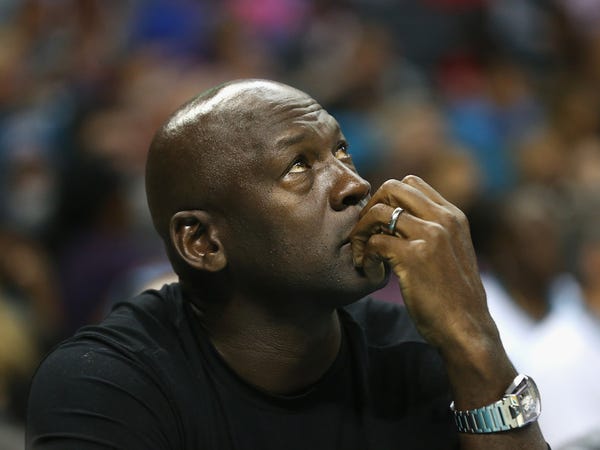

In 1991, Rodney King was brutally beaten up by four Los Angeles policemen. Just a month later, the Chicago Bulls were playing the Los Angeles Lakers in the 1992 NBA Finals. Despite some tension, the NBA did not bother to postpone the games.
Watch What’s Trending Now!
Bulls guard Craig Hodges was the sole voice advocating a boycott of the Finals. Before the times of LeBron James and Colin Kaepernick, Hodges was the original activist. He was also a talented sharpshooter who won the Three-Point Contest three years in a row from 1990-1992. He became the only player since Larry Bird to win the title three times in a row.
In 1991, when he asked Magic Johnson and Michael Jordan to boycott the Finals, he wasn’t taken seriously. Jordan called him “crazy” and Johnson termed the move “too extreme.”
ADVERTISEMENT
The hero Chicago Bulls never deserved
While speaking to DJ Vlad, a journalist, Hodges spoke about how the situation was when he asked his teammates to boycott. He narrated this conversation with Horace Grant: “When I was talking to yall in 1991, half of y’all were looking at me like I had my third eye literally outside of my head. So when I would ask yall brothers what about a boycott, it was cursory for yall. So when I brought it to Magic and MJ y’all didn’t take it seriously. Y’all got the power to make these changes but y’all don’t even consider it as a serious thought process.”
ADVERTISEMENT
ADVERTISEMENT
In 1964, Jerry West and Elgin Baylor threatened to boycott the All-Star game as they protested for a pension plan. Then fifteen minutes before the tipoff, NBA commissioner Walter Kennedy agreed to their demands. Hodges talked about this incident and compared it to Jordan and Johnson. “Their willingness to boycott in 1964 gives you the ability to be Magic Johnson and Michael Jordan.”
Top Stories
Tragic Death of Shaq & Kobe’s Ex-Teammate Linked to Fatal Mistake, Authorities Confirm
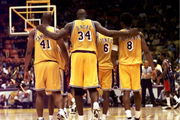
Is Stephen Curry Playing Tonight? Warriors vs Knicks Latest Injury Report (Jan 15)
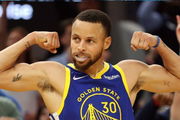
Is Kevin Durant Dating EJ Johnson? Fact Checking Viral Claim
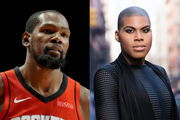
Who Is Dell Curry’s Wife? Meet Nicki Smith, Stephen Curry’s Stepmother
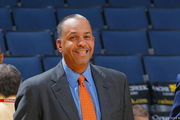
Stephen Curry’s 6-Word Reaction to Dad Dell Curry’s Historic Hornets Announcement
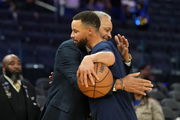
In a prior interview, Hodges explained why Jordan didn’t say anything. “Michael didn’t speak out largely because he didn’t know what to say – not because he was a bad person.”
ADVERTISEMENT
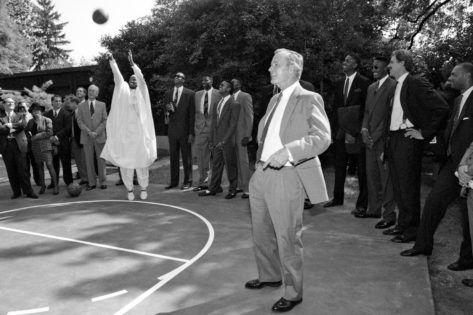
When the Bulls won the title in 1992, they visited the White House. During this visit, Hodges was the only one who showed up in a dashiki. He also brought a letter addressed to the President, which talked about how poorly the minorities had been treated in the country.
ADVERTISEMENT
Hodges’ activism stood out in the early 90s. His book, “Longshot: The Triumphs and Struggles of an NBA Freedom Fighter,” mentions sportswriter Dave Zirin who used to ask NBA players why they didn’t speak out more on political issues. Their usual answer was, “You don’t want to be like Craig Hodges.”
ADVERTISEMENT
ADVERTISEMENT
ADVERTISEMENT

